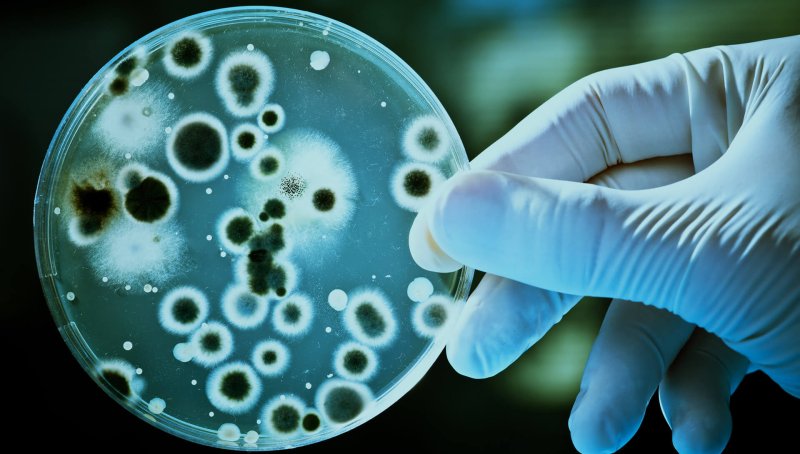Since then, many other antibacterial drugs (both natural and semisynthetic) have been introduced; however, within a few years of their clinical use, pathogens resistant to those drugs emerged as well.
The recent emergence of a carbapenem-resistant pathogen is the most worrying of all, because this drug is the last known line of defense against microbes that are resistant to multiple antibiotics. This is a growing concern worldwide.
…
But recent advancement in scientists’ understanding of host-pathogen relationship has given scientists insights into an alternative approach called host-directed therapy (HDT), a suite of treatments whose goal is to enhance the host’s own immune response rather than relying exclusively on antibacterial drugs.
Some promising examples of HD include commonly used drugs for non-infectious diseases—verapamil and metformin, for example which modulate inflammation and increase host antimicrobial response to pathogens; cytokines, a group of proteins that include interleukins, that induce host pro-inflammatory cell signaling to kill pathogens; and nutritional products such as Vitamin D3, which augments the host’s cellular defenses.
HDT also aims to balance host reactivity at the site of infection by reducing or preventing an excessive inflammatory response, which can damage internal organs and can even kill. This is achieved through cellular therapy, in which a specific population of bone marrow cells is injected in a host’s body, reducing and preventing tissue.
Read full, original post: A Novel Way to Fight Drug-Resistant Bacteria































